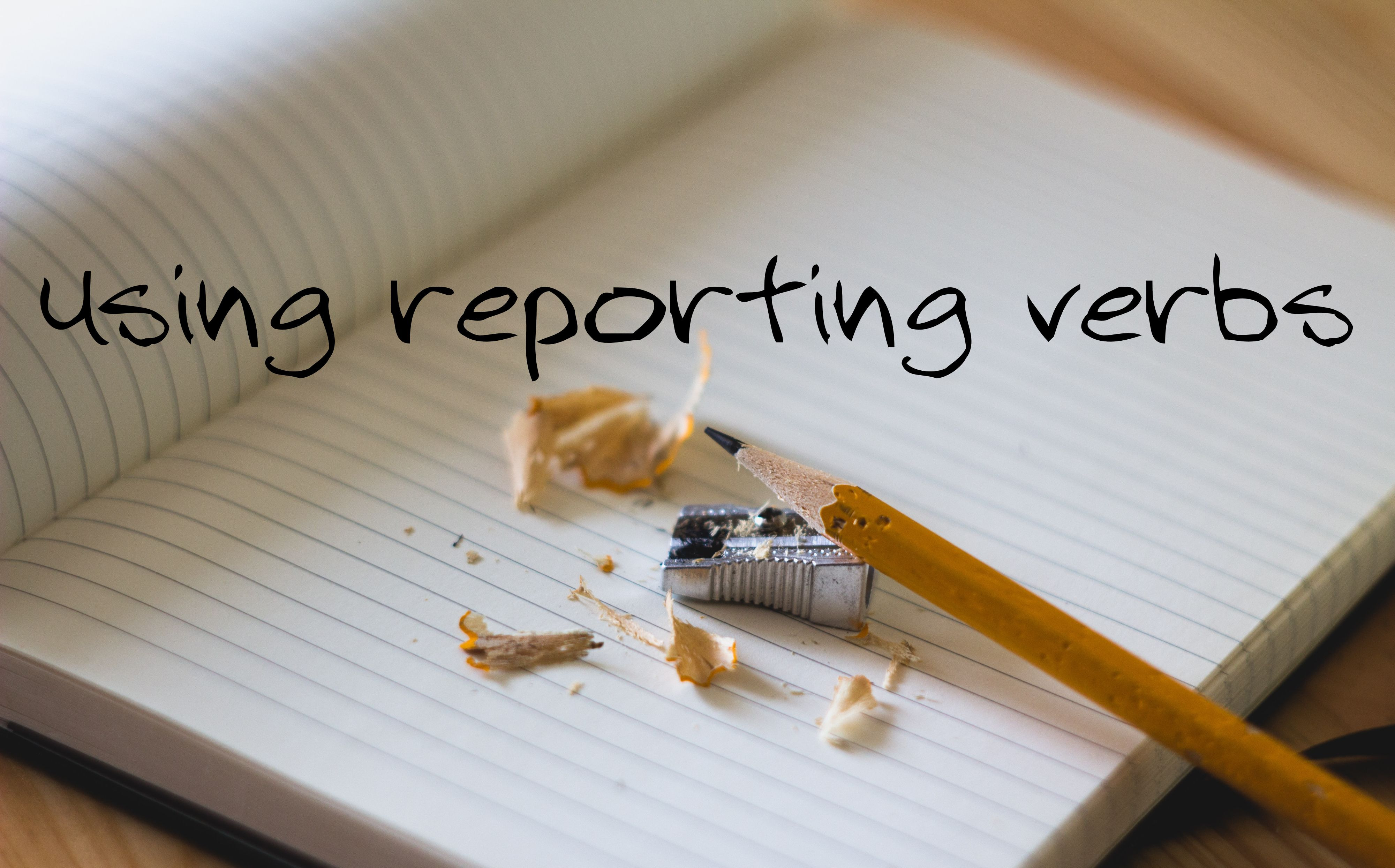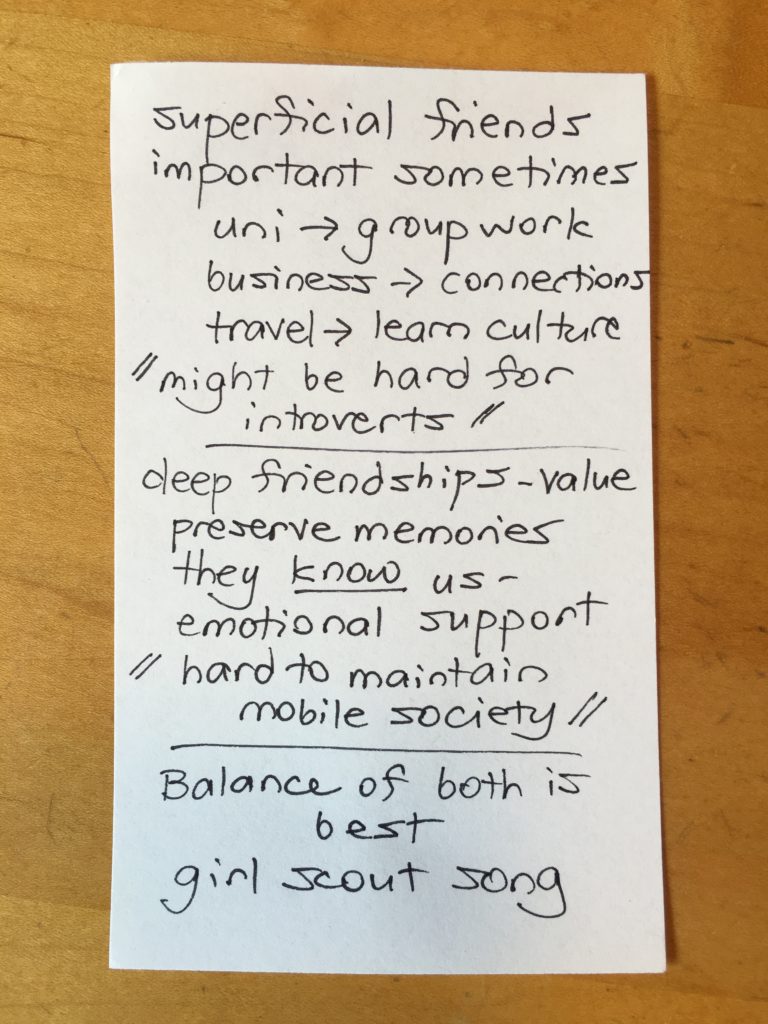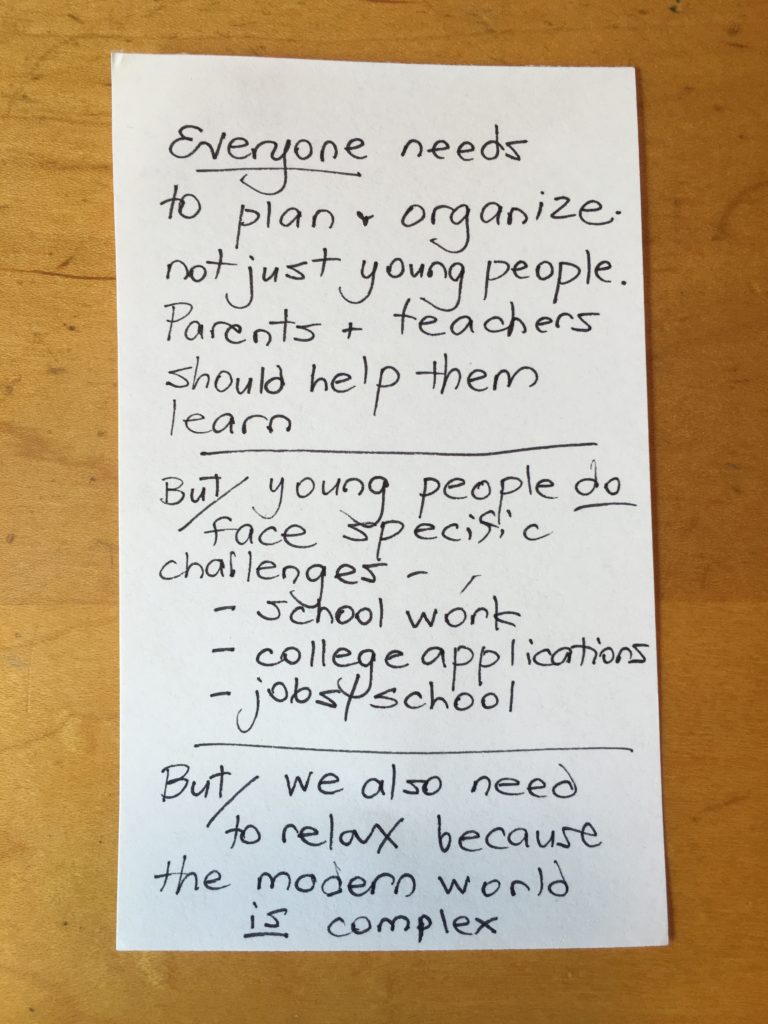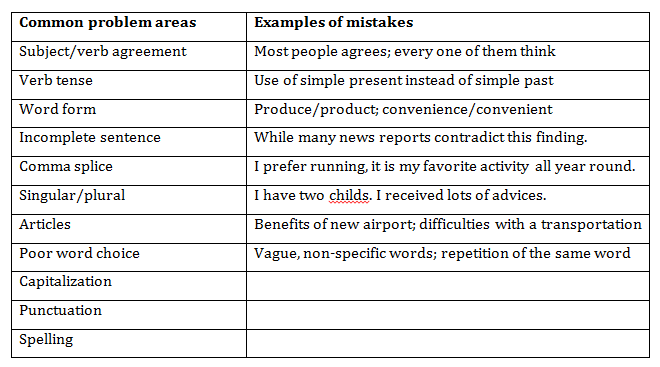
In my previous article on reporting verbs, I discussed a number of different verbs that you can use to describe what something or someone says or thinks.
Now I’d like to talk about the grammar you should use for reporting verbs.
♦ ♦ ♦ ♦ ♦
There are two basic models used with reporting verbs. Some reporting verbs follow one model, some reporting verbs follow another, and some can follow both.
The first model is verb + noun (or noun phrase). For example:
The author affirms the existence of life on the sea floor.
The text discusses the possibility of life on Mars.
The lecturer proposes alternative theories to those stated in the text.
The second model is verb + that + clause (subject/verb)
The author observes that many animals have evolved to adapt to the extreme environment.
The text states that no life could exist on Mars.
The lecturer suggests that other theories might better explain this phenomenon.
As a writer, you will need to know whether each reporting verb you use follows the first model, the second model, or both.
First model only:
The author refutes the theory that life exists on Mars.
NEVER: The author refutes that life exists on Mars.
Second model only:
The lecturer concludes that several theories are equally valid.
NEVER: The lecturer concludes the equal validity of several theories.
Fortunately, most reporting verbs can follow both models:
First model: The researchers acknowledge the lack of convincing data yielded by recent studies.
Second model: The researchers acknowledge that recent studies have yielded little convincing data.
♦ ♦ ♦ ♦ ♦
The second issue regards tense. For relatively simple tasks like the TOEFL integrated essay, I would ALWAYS recommend using the simple present tense for your reporting verbs. This is especially true if the reporting verb is followed by a clause describing something that happened in the past.
For example, this is a relatively easy sentence to write with the reporting verbs in the simple present tense. Note the verbs in the subsequent clauses.
The professor points out that the use of toxic chemicals in the 1960s damaged vegetation and caused many animal species to disappear. She notes that many fertilizers were used without knowledge of their harmful effects.
But if we put the reporting verbs in the simple past tense and want to stay consistent in our use of tense in the subsequent clauses, we have to write:
The professor pointed out that the use of toxic chemicals in the 1960s had damaged vegetation and had caused many animal species to disappear. She noted that many fertilizers had been used without knowledge of their harmful effects.
Or in another example:
Simple present: The professor states that the fire gave new opportunities for small animals and actually strengthened the food chain.
Simple past: The professor stated that the fire had given new opportunities for small animals and had actually strengthened the food chain.
Finally, if you are stating general facts and not referring to previous events or situations, I suggest you keep everything in the simple present tense.
The professor rejects the belief that dogs are more intelligent than cats. She points out that most research studies are deeply flawed. Pointing out that cats are more independent and less willing to please than dogs, she believes that cats are equally capable of performing tasks that researchers present to them.














